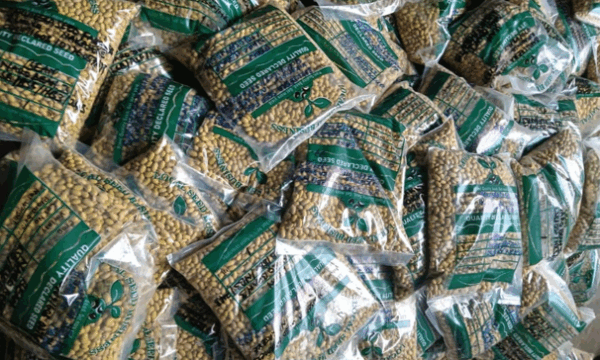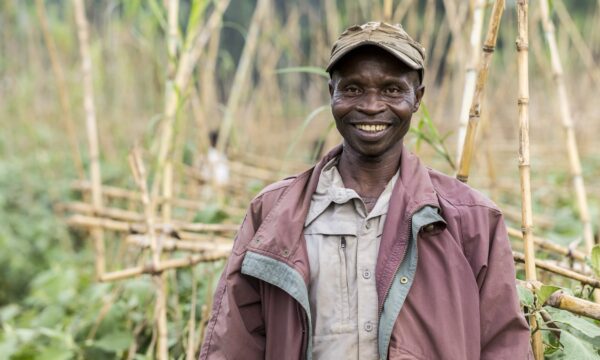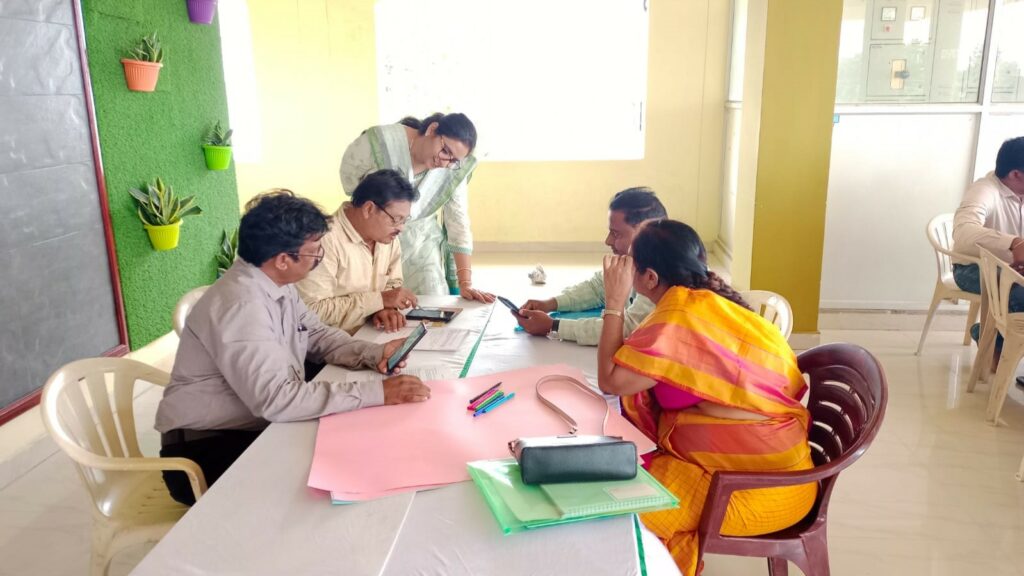
Food security and food safety are two complementing elements of a sustainable future. Unexpected crop losses due to pests and diseases lead to food insecurity, and indiscriminate pesticide usage to control the pest/ disease hamper food safety. In such situations, countries need novel solutions that maintain food safety while addressing food security issues.
Through its PlantwisePlus programme, CABI is addressing some of the global issues concerning agriculture. And plant health is one crucial aspect of it. The programme focuses on pest preparedness, pesticide risk reduction and farmer advisory pathways.
Through the farmer advisory pathway, the program disseminates scientific information for sustainable solutions, using digital technology and tools. This provides effective and reliable communications to essential value chain actors. At the same time, it is important that these tools are used effectively by the stakeholders. Thus, leading to greater adoption of technology that supports the sustainable management of plant pests and diseases.
CABI digital tools uptake: the process
In India, to commence the digital dissemination of scientific and reliable sustainable solutions, CABI collaborated with Acharya N.G Ranga Agricultural University (ANGRAU), Andhra Pradesh, India.
As a part of the initial activities and to start the dialogue, CABI conducted a day-long workshop for extension scientists. Several department heads also attended the workshop. CABI’s Digital Tools Coordinator in South Asia, Madhu Manjari, led the event. Regional Coordinator, Malvika Chaudhary, also attended virtually.
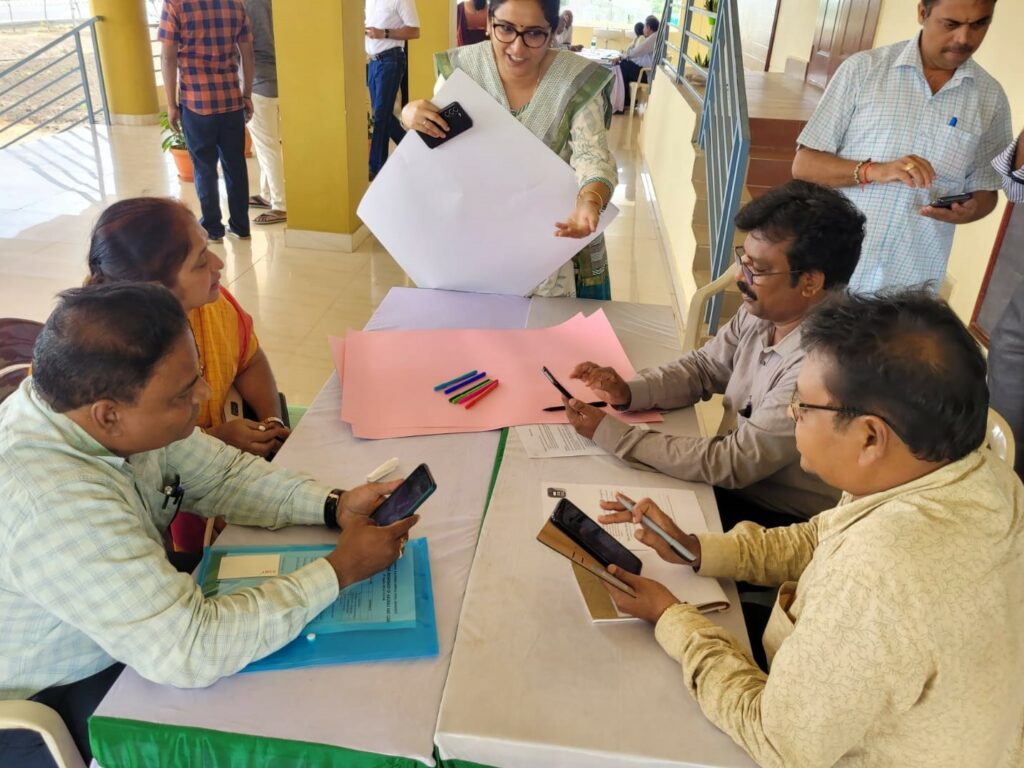
Over 60 extension scientists attended from across 13 Krishi Vigyan Kendras (Agriculture Advisory Centres) – a network that serves as the connecting link between Research Centres and Farmers across the country. Plus, participants from the District Agricultural Advisory and Transfer of Technology Centres (DAATTC; extension centres), and extension scientists from the Agricultural Information and Communication Centre (AI&CC), which supports the university in disseminating the information to the farming community.
The plan is that training would scale up through these master trainers, who would train other extension officials and plant health advisors. Then, the farmers would be the final beneficiaries, getting information and knowledge through CABI tools.
The digital tools in practice
The CABI team presented and demonstrated the PlantwsiePlus Toolkit during the workshop, with a special focus on the CABI Bioprotection Portal and Crop Sprayer App. These tools were of specific interest to partners.
To have hands-on experience, the participants completed specially developed exercises, so that they got a complete idea on its use. This was also a good way for CABI to collect user feedback for further tool improvement.
The university runs six colleges in Andhra Pradesh, India, and a session was also conducted for the final-year students from Agriculture College Bapatla, to demonstrate CABI’s digital tools.
First milestone and way forward
For mainstreaming, the extension wing of ANGRAU issued an office order as a further step towards the partnership. They plan to use the digital tools during the kharif season.
This wing is responsible for monitoring frontline extension activities through a number of important channels. Such as, 13 Krishi Vigyan Kendras (KVKs), 13 District Agricultural Advisory and Transfer of Technology Centres (DAATTC), the Agricultural Information and Communication Centre (AI&CC), Farmer’s Call Centres, electronic wing. Plus, a number of ANGRAU publications like Vyavasayam Magazine, Journal of Research ANGRAU, and e-Newsletter. Hence, a good amount of scale-up of the use of tools and a greater impact on farmer decisions could be a possibility, through these valuable networks.
The wing is also responsible for various other extension activities such as:
- organizing state- and regional-level Kisan Mela (farmer fairs)
- Village adoption programme
- frontline demonstrations
- Farmer Field Schools
- on-farm trials
- sensitization workshops
- zonal workshops
- annual review meetings
- technology week
- exhibitions
- season-long vocational training programmes
- diagnostic visits
- organizing field days that include farmer-scientist interactions, meeting/exposure visits, study tours of farmers/campaign/
- Rythu Sadassu (awareness program)
- development of information, education and communication (IEC) material on technologies.
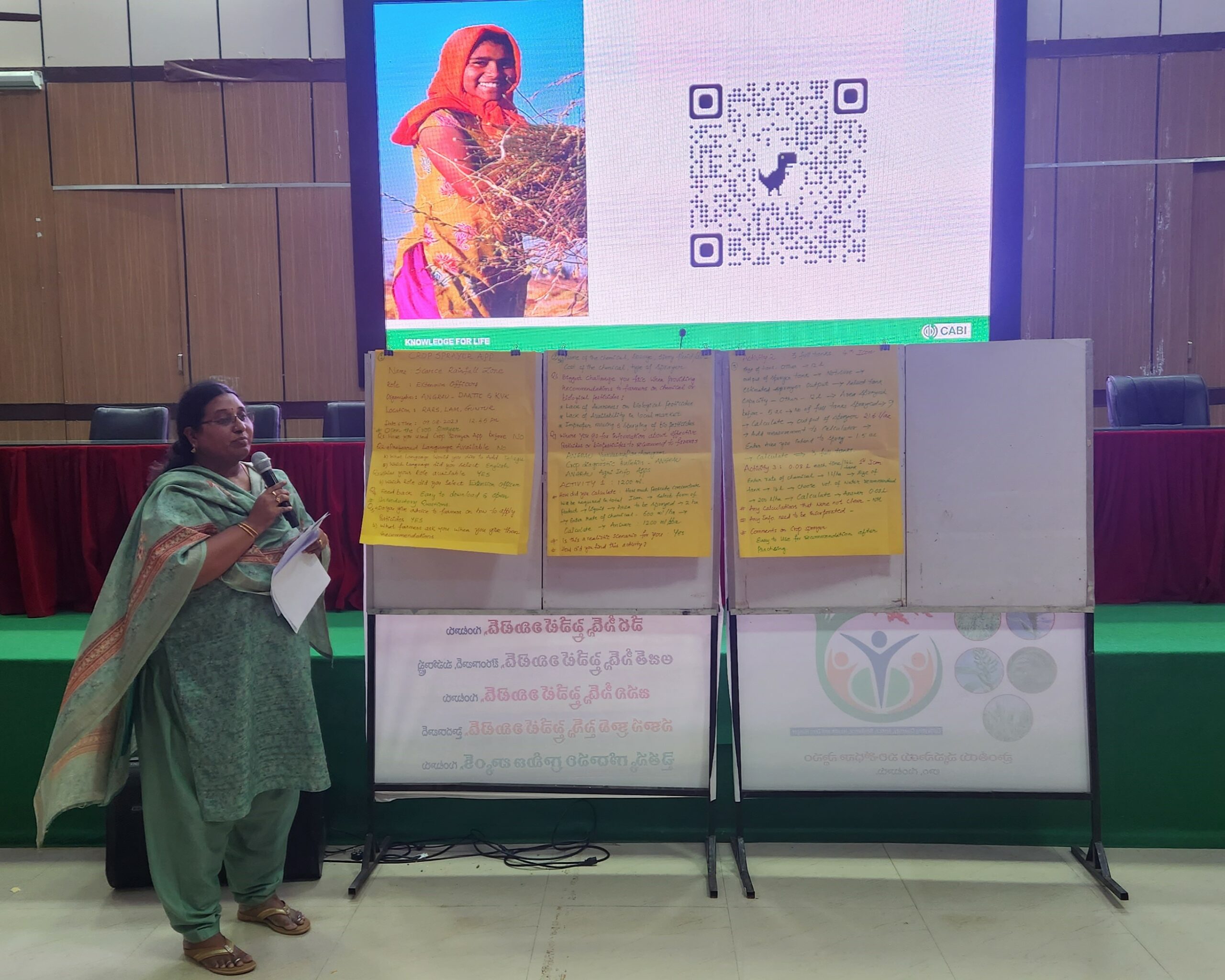
All this increases the scope of use of CABI tools. And ANGRAU is looked upon as a potential partner for long-term engagement.
Issuing an office order increases the awareness among the extension workers and continuous usage of digital tools while providing the farmer advisory service.
CABI will continue its association and work with ANGRAU on innovative ways to reach maximum beneficiaries.
Go direct to the digital resources
Read more
New bioprotection course paves the way for a more sustainable agricultural landscape
Spotlight: The team behind the PlantwisePlus Digital Tools
Find bioprotection products faster and easier with new CABI BioProtection Portal
Use the Crop Sprayer app to improve your Integrated Pest Management strategy
PlantwisePlus India: challenges and opportunities
New ePlant clinics to help the most remote farmers in Northern India
PlantwisePlus is financially supported by the Directorate-General for International Cooperation (DGIS), Netherlands; European Commission Directorate General for International Partnerships (INTPA, EU); the Foreign, Commonwealth & Development Office (FCDO), United Kingdom; the Swiss Agency for Development and Cooperation (SDC); the Australian Centre for International Agricultural Research (ACIAR); the Ministry of Agriculture of the People’s Republic of China (MARA)
All photos provided by the author
Related News & Blogs
Empowering women farmers in Pakistan with pest control knowledge
Women farmers in Pakistan play a central role in the country’s economy. However, many struggle to access essential information about sustainable farming approaches. Women make up nearly 66% of the agricultural workforce in Pakistan. Yet they receive ve…
30 May 2025

